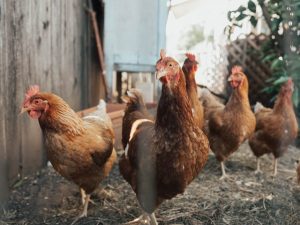Is a young man who is 25 years old similar in diet requirements to a man who is 60 years or older? Are older individuals more prone to malnutrition? Do your dietary needs change as you get older?
Analyzing the above-mentioned questions is crucial to comprehending the nutritional requirements of older people. Particularly among the elderly, malnutrition is more likely to occur. The challenge of providing seniors with adequate nutrition is a complex one on a practical level. Age-related reductions in lean body mass and basal metabolic rate result in decreased energy requirements per kilogram of body weight. Although older adults’ nutritional needs are generally similar to those of younger age groups, their diet calls for a special.
world’s aging population epidemiology
Over 50-year-olds are becoming a steadily growing segment of society. According to a WHO report, there were an estimated 605 million older people in the world in 2002, with 400 million of them residing in low-income nations. More than 1.2 billion older people are expected to be alive in the world by 2025, with 840 million of them living in low-income nations. Thus, a variety of physical, social, economic, and cultural factors have an impact on the nutritional status of older people.






